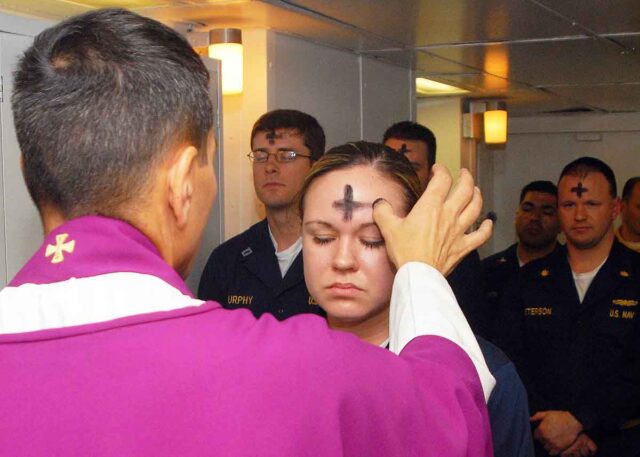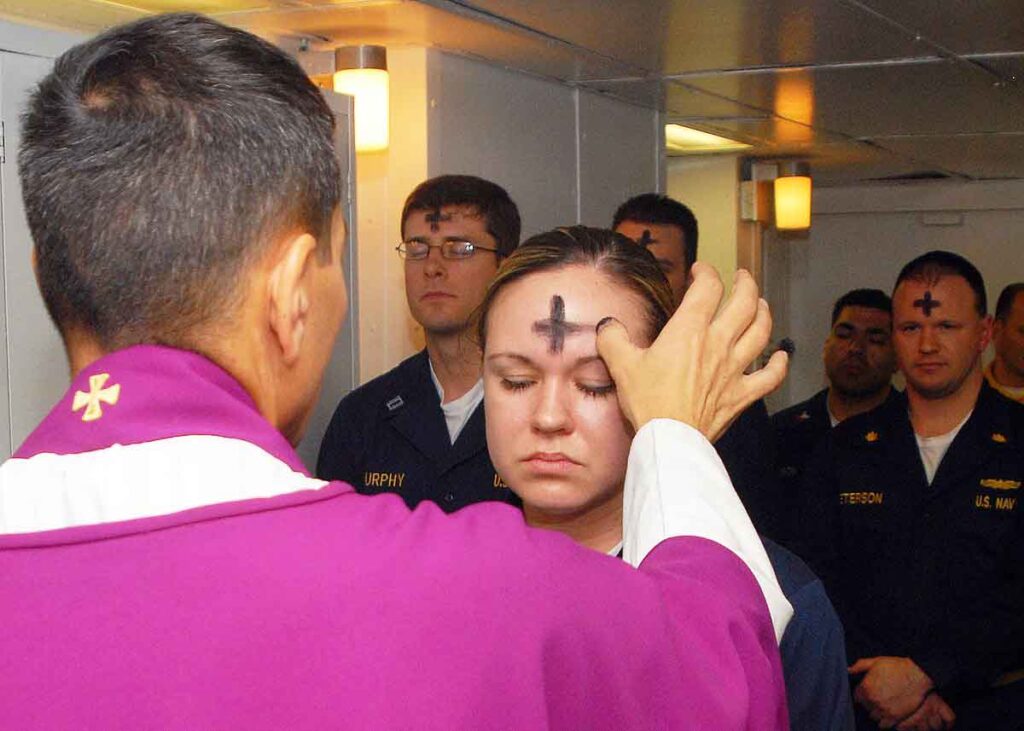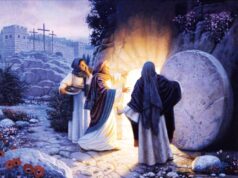
By Pr Isaiah White
This year’s Easter celebration might occur in March. Every year, in the weeks leading up to Easter, Christians around the world set aside time to pray, fast and reflect in preparation to commemorate Christ’s death and resurrection during Easter Week.
This 40-day period of the Christian calendar, known as Lent, begins with Ash Wednesday and culminates on the Thursday before Easter, known as Maundy Thursday.
Lent vs Fasting
“Lent” and “fasting” are related concepts, but they are not exactly the same.
Lent is a specific period within the Christian liturgical calendar, while fasting is a broader practice that can be observed in various religious and cultural contexts.
Lent is a season of 40 days (not counting Sundays), that begins on Ash Wednesday and ends on Holy Saturday.
It is a time of reflection, penance, and preparation for Easter, commemorating Jesus Christ’s resurrection.
Fasting is not bound to a specific period on the calendar. It is often more personal, less corporate, and involves abstaining from food or water for a set period.
During Lent, you can fast particular foods or acts depending on your religious liturgical commendations, but fasting is the broad sense of setting yourself aside purposely for your spiritual needs and this though, could be demonstrated through the Lent period as well.
What fasting is
The Albert Baines New Testament commentary on Matthew 6:16 states: “The word fast literally signifies to abstain from food and drink, whether from necessity or as a religious observance.
It is, however, commonly applied in the Bible to the latter.
It is, therefore, an expression of grief or sorrow. Such is the constitution of the body, that in a time of grief or sorrow, we are not disposed to eat or we have no appetite.
The grief of the soul is so absorbing as to destroy the natural appetites of the body.
Men in deep affliction eat little, and often pine away and fall into sickness, because the body refuses, on account of the deep sorrow of the mind, to discharge the functions of health. Fasting, then, is the natural expression of grief.
It is also used to humble us, to bring us to reflection, to direct our thoughts away from the comforts of this world to the bliss of a better.
It is not acceptable except it is the real expression of sorrow, the natural effect of feeling that we are burdened with crime.”

Our state during Lent
During lent period, Christians are invited to set themselves apart for worship and reflection. We are given 40 days to reflect on the state of the world, the Church and us individuals.
Lent is a period of both private and public examination. How have we performed as leaders, as parents, as ministers of the Gospel?
It is a period of soul-searching. “Search me, God, and know my heart; test me and know my anxious thoughts. See if there is any offensive way in me and lead me in the way everlasting” (Psalm 139:23-24).
It is a season of public accountability; “Let us examine our ways and test them and let us return to the Lord” (Lamentations 3:40).
We are reminded in this period of our stand in the faith we confess.
“Examine yourselves to see whether you are in faith; test yourselves. Do you not realise that Christ Jesus is in you—unless, of course, you fail the test?” (2 Corinthians 13:5).
Our attitude
Lent is not a jubilation period, but rather a season to grieve. In this season we lament the state of our world.
We are sorrowful for individual sin and public offence.
We grieve corruption, promiscuity, idolatry, and all sorts of evil that manifest systemically.
We are the people that God asked to be marked for our sorrow and grief for all the abominations in this world.
“Go throughout the city of Jerusalem and put a mark on the foreheads of those who grieve and lament over all the detestable things that are done in it” (Ezekiel 9:4).
Our resolve during Lent
Isaiah 58:3-9 rebukes formality and hypocrisy; How can any nation pretend to fast or worship God at all or dare to profess that they believe in the existence of such a Being, while they carry on the slave trade, and traffic in the souls, blood, and bodies, of men!
Lent is about self-denial; it is denying oneself for the sake of someone else’s welfare. The saints should look keenly around their environment and detect the needs of society.
Lent must be mission-oriented, reaching the hungry, the widows, the orphans and sinners.
We must not fast to spare our food to be eaten later; the objective is for us to fast for others to have what to eat.
The fasting in Isaiah is a kind of fasting which is not self-centred but self-denying. It is a fast which is considerate to the needs of those around us.
The writer is a life coach and theologian.
Contact: +256 775 822 833
whitemwine@gmail.com





















